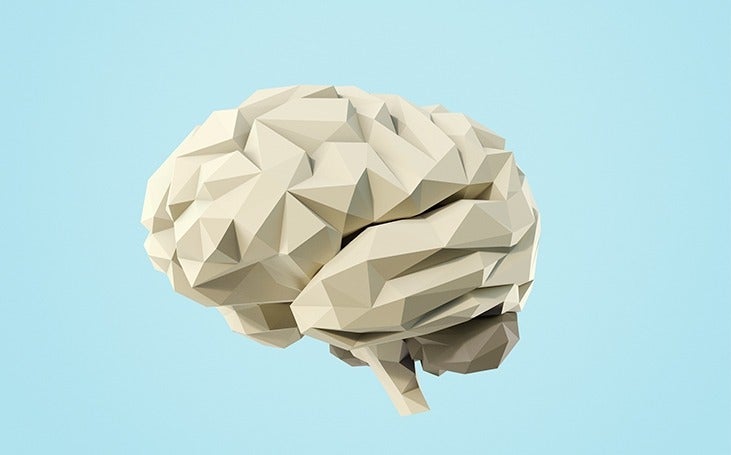Memory Loss: Understanding Alzheimer's Disease and Dementia

Dementia does not cause the symptoms of memory loss; it is a word that describes the symptoms. Alzheimer’s disease is the most common cause for the symptoms of dementia.
What is Alzheimer's disease?
Alzheimer’s disease damages the part of the brain involved in memory, problem solving, judgment, language, and behavior. Over time, people with Alzheimer’s lose the ability to take care of themselves and carry out simple tasks of daily living such as eating, dressing, or bathing. An estimated 5.4 million Americans have Alzheimer’s disease. It is the most common cause of dementia among older people, but it is not a normal part of aging.
What causes Alzheimer's disease?
The cause of Alzheimer’s disease is still unknown. However, certain risk factors, such as advancing age, family history, and genetics increase the likelihood of developing the disease.
How to prevent Alzheimer's disease
Currently there is no cure for Alzheimer’s, but treatment may slow the progression and help manage symptoms in some people. Research suggests that healthy aging can help keep the brain healthy and may offer some protection against the disease. This includes eating healthy, getting physical and mental exercise, participating in social activities, and avoiding alcohol. Medications closely monitored by a physician may also be able to help.
Normal signs of aging vs. signs to talk to your doctor
| Normal Signs of Aging | Signs to Talk to Your Doctor |
|---|---|
|
Sometimes forgetting names, |
Memory loss that disrupts daily life |
|
Making occasional errors while |
Challenges in planning, solving |
|
Occasionally needing help to |
Difficulty completing familiar tasks |
|
Getting confused about the day of the |
Confusion with time or place |
|
Vision changes related to cataracts |
Trouble understanding visual images |
|
Sometimes having trouble finding the right word |
New language problems such as remembering basic words, |
|
Occasionally misplacing things like a pair of glasses |
Misplacing things and losing the ability |
|
Making a bad decision once in a while |
Decreased or poor judgment, such as |
|
Sometimes feeling wary of social obligations |
Withdrawal from social activities |
|
Becoming irritable when a routine is disrupted |
Changes in mood or personality such |
What if you have concerns related to memory loss?
Speak to your doctor about your memory loss concerns as soon as possible. If Alzheimer’s or a related disorder is diagnosed at an early stage, treatments may be more effective. For more information about diagnosis, treatment, caring for someone with dementia, or any other questions related to memory loss, call the Alzheimer’s Association 24/7 Helpline at 1-800-272-3900.
CarePartners of Connecticut members: How your plan helps
If you're already a CarePartners of Connecticut member, a special program available only to members can help:
CarePartners of Connecticut and the Alzheimer’s Association (Connecticut chapter) are working together to provide a special program for CarePartners of Connecticut members. If you have questions about Alzheimer’s, memory loss, or related disorders, you can speak directly with a CarePartners of Connecticut Dementia Care Consultant with direct access to the resources and experts at the Alzheimer’s Association.
This program can help:
- Answer questions you have about dementia or memory loss
- Provide personalized care planning for those with Alzheimer’s disease and other dementias
- Assess and identify education, support, and care needs
- Assist with referrals to community resources
- Provide education and information
- Provide information on support groups and free educational programs in the community
- Work with your Care Manager and primary care provider to help meet your needs
For more information or to speak to a Dementia Care Consultant, call Member Services at 1-888-341-1507 (TTY: 711). For additional information and resources related to Alzheimer’s disease or related disorders, please visit the CT Alzheimer’s Association website. For more information on the program, you can also call Member Services.
Not a CarePartners of Connecticut member?
Let us help you. We know nothing is more important than your health. Our team of Licensed Medicare Experts goes above and beyond to help you find the right plan.
Choosing a health plan that will be there for you is important. Choosing a health plan that is always on your side makes all the difference.
Ready to take the next step? Chat with us! We're local and ready to help: 1-844-388-6591 (TTY: 711).
Or, click the button below for other simple ways to enroll:
